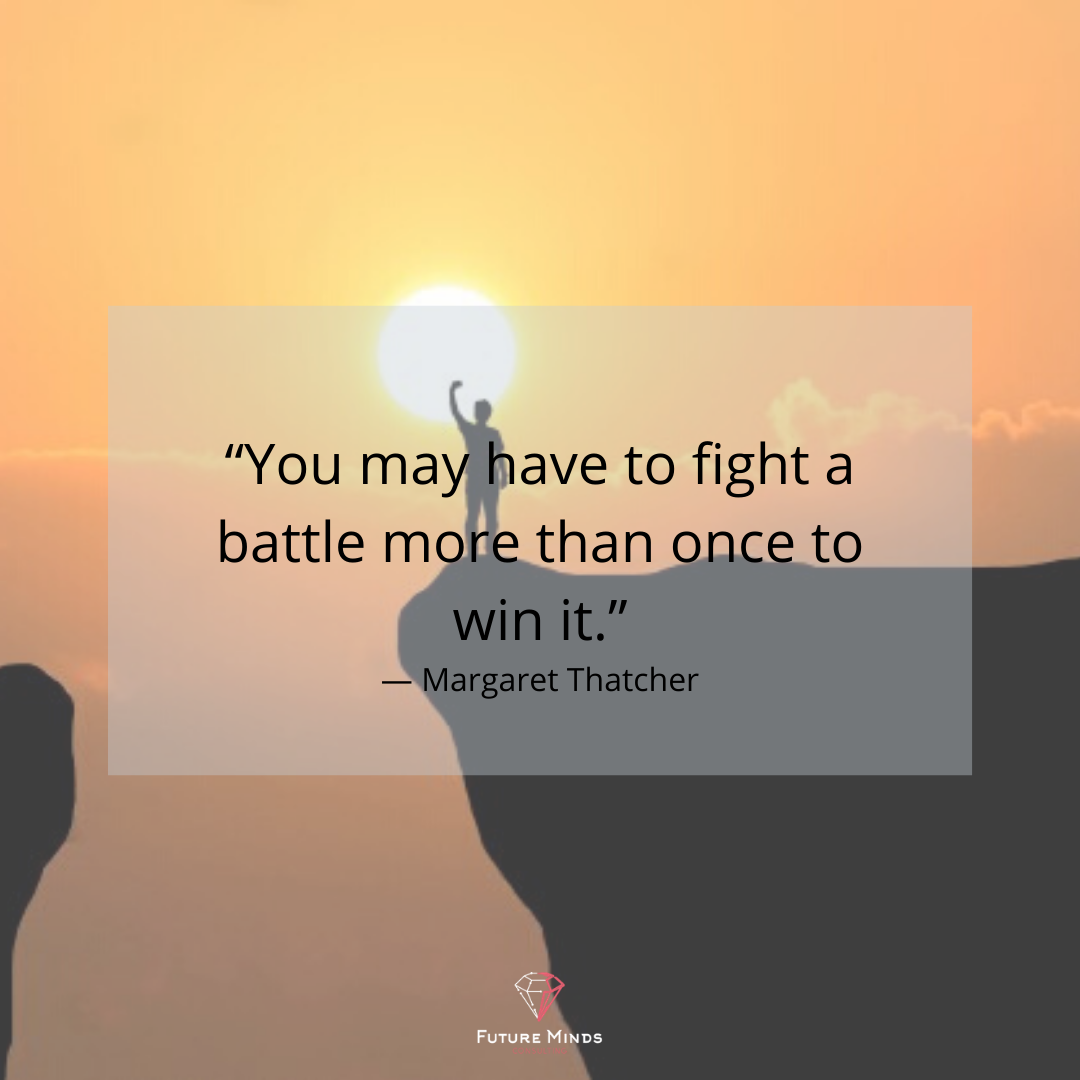We live in a fast-paced world, with everything constantly growing, improving and moving – and all we have to do is keep up and adapt. Sounds easy when you read this in an article, but when you face an obstacle, you don’t simplify it as much as I just did. It’s important to understand that our life is made up of events that make us understand how it works and how we should work – we usually call them challenges.
One of the most important things we have to learn in life is how to deal with stressful events, overcome them and take the skills we developed on the way with us. Nowadays we are faced with a challenge most of us haven’t experienced before – neither it, nor something similar. It is of great importance to understand that this is not a permanent situation and that we have to make some changes in order to move on from it. But this can become overwhelming, you might feel powerless and overloaded with responsibilities. Worry not, as our running campaign is aiming to help you become stronger and more prepared, with a positive-focused approach – through resilience.
Last week our focus was on preparing: how to become more resilient even if there’s no bumpy road ahead. By making this article, we wanted to sum up last week’s learnings, by conceptualizing some of the terms.
Control, for example, is nothing more than the belief that you can enter and face new challenges with a balanced perspective. However, there are more things we need to take into consideration when talking about control: emotions and approach. The first one means that you are able to mask your emotions when needed and to affect the emotions of the people that surround you. The latter is more of a way of thinking, with a ‘’can do’’ belief that guides you – you are still aware of the fact that many things escape your direct control, but your reaction to them shapes much of what happens around you. A good way to build more control is starting by acknowledging some of the things that are connected to yourself and find ways to work on them – here is a tool for you: make a list of 10 things that will take you just outside of your comfort zone – it can be as simple as learning a new skill or reaching out to someone. For the next month, go through your list and make each of them happen.
Influencing some of the aspects of the situations you come across doesn’t mean you’re changing their direction. It can mean that you are accepting the fact that there are a number of things you can do something about, and focus on them in order to make things better. To make yourself aware of how this works, start by writing down a few things that have concerned you lately. Break them into smaller bits, shift your perspective, and find ways you can influence that situation – not the whole thing, but a small part that can have a big impact. Look at how creative people have been to keep in touch with their close ones these days even though they can’t control the whole situation!
Leverage is about what you have at hand – not directly connected to the situation, but skills, abilities and knowledge that you own and can be of help. Think how everything you’ve learned so far from overcoming challenges can reshape what you’re currently going through. One good way of reinforcing this is by journaling. It doesn’t have to be long, it doesn’t have to be a story.
And here is another tool: at the end of each week, write down one positive thing that happened, one accomplishment you had, one thing you are grateful for, one person you reached out to and one way to make your life less stressful.
Appreciation for the others is something we all show from time to time to people who impress us by the way they do certain things or because they help us escape situations we thought are impossible to escape from. What we miss sometimes is showing appreciation for the smaller things. Or for people like our mom, grandma, coworker or even boss. The importance of this act is not only to make you more present, but to help you to remember the things that really matter to you.
It’s very important to make use of the things you have at hand: learn to look at some things as an opportunity to find out more about you and your limits. Allow yourself to make mistakes and to understand them. It’s important for your growth to fight the things that make you bloom afterwards.

